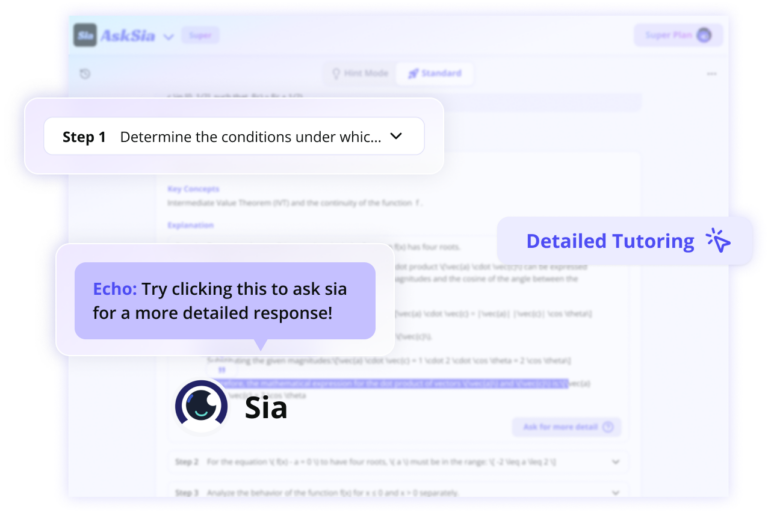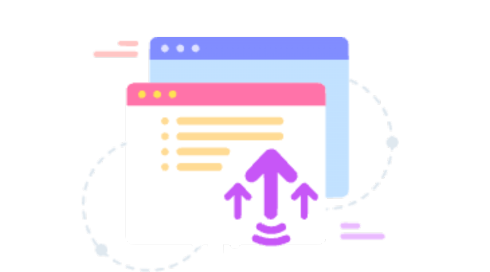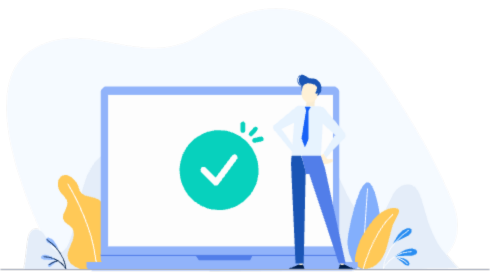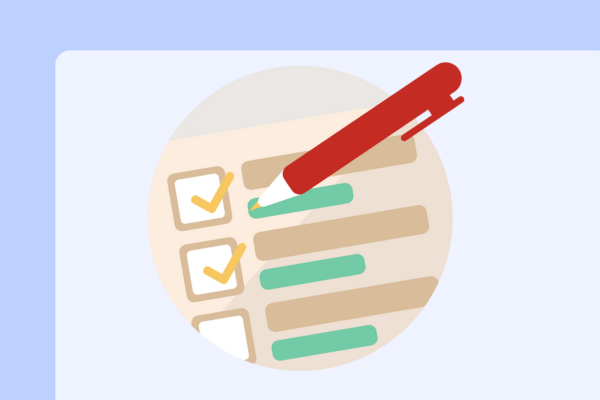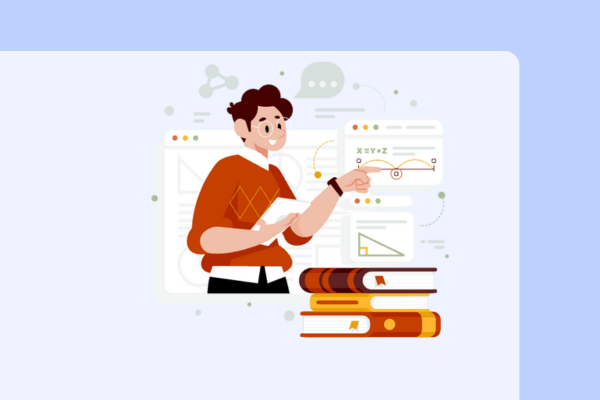AI tutors offer unique advantages. They provide 24/7 availability, instant responses, and personalized learning experiences. However, human tutors excel in emotional intelligence and complex problem-solving. AI tutors complement rather than replace human instructors.
Yes, but with limitations. AI tutors can cover a wide range of subjects, including math, science, humanities, and languages. However, their knowledge may not always be up-to-date or comprehensive in highly specialized fields.
Yes. AI tutors can analyze user responses and adjust their teaching methods accordingly. They can provide varied explanations, examples, and analogies to suit different learning preferences and paces.
Generally accurate, but not infallible. AI tutors draw from vast databases of information, but they can make mistakes or provide outdated information. It’s important to verify critical information from authoritative sources.
Yes. AI tutors can assist with test prep by providing practice questions, explanations, and personalized study plans. They can also track progress and identify areas needing improvement.
Yes. Many AI tutors support multiple languages, making them accessible to a global audience. This feature is particularly useful for language learning and international students.
AI tutors use various techniques. They can provide interactive exercises, gamification elements, personalized feedback, and progress tracking to keep students engaged and motivated throughout their learning journey.
